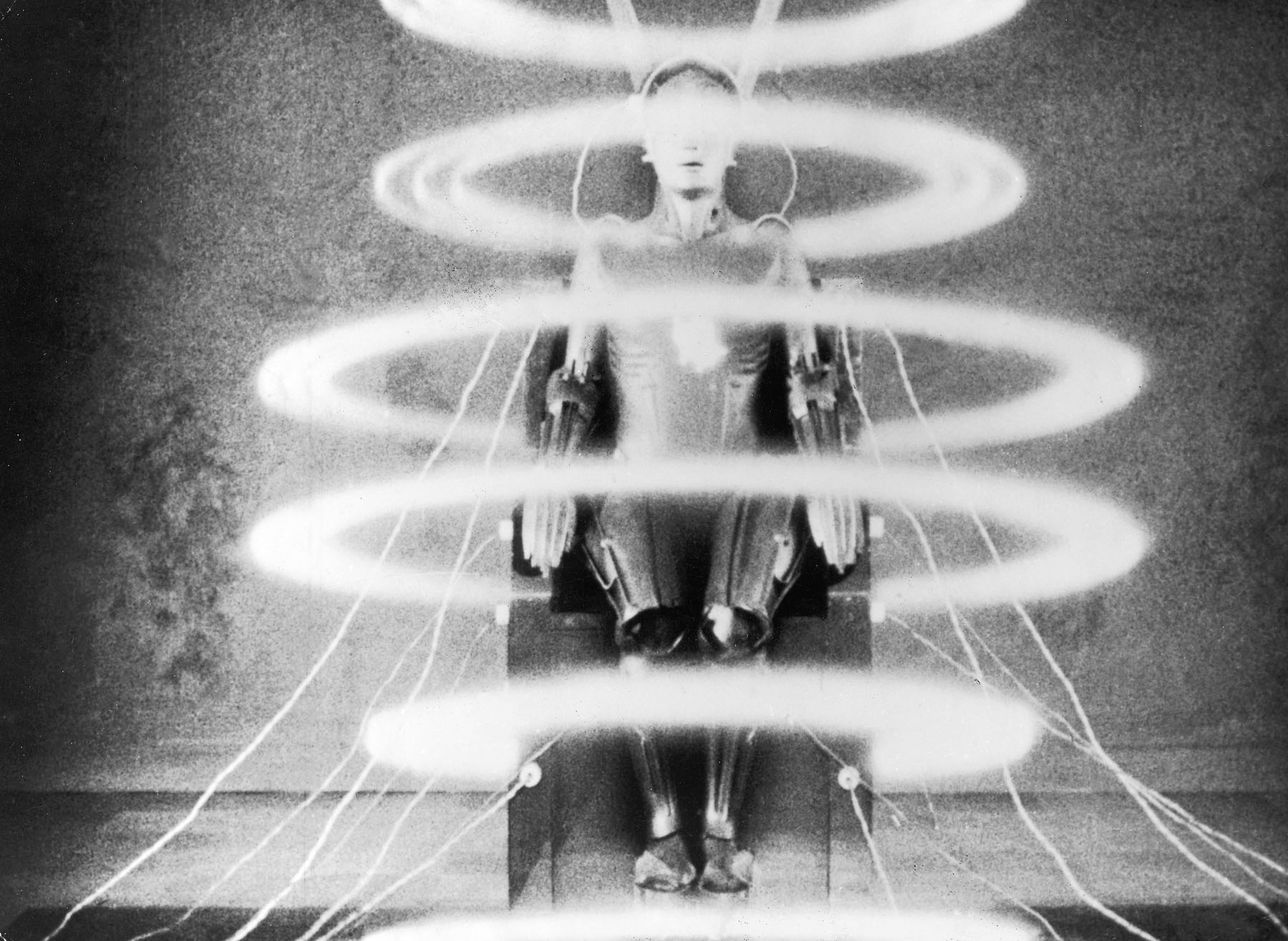In this course, we will examine the commercial viability, social implications, and ethical consequences of posthuman technology that appears in selected science-fiction series. Our social and cultural critiques of this technology will serve as inspiration for our own inventions to change the way humans interact with each other and with the material world. During the first half of the semester, students will pitch ideas and designs for a new invention, focused primarily on the advantages to science and business. During the second half of the semester, students will integrate these inventions into a science-fiction narrative that interrogates the social and ethical consequences of these technological advancements. In our final reflection on these inventions, we will consider the ways in which these technologies might become a reality.
Literature:
 Mary Shelley’s Frankenstein (1818). Broadview Press.
Mary Shelley’s Frankenstein (1818). Broadview Press.- H.G. Wells’s The Time Machine (1895). Broadview Press.
- R.L. Stevenson’s Dr. Jekyll and Mr. Hyde (1886). Broadview Press.
- E.M. Forster, “The Machine Stops” (1909).
Television:
- Joss Whedon, Dollhouse (2009). Amazon. Watch 1:1 (Ghost), 1:7 (Echoes), 1:12 (Omega).
- Dr. Who (2006- ). Amazon. Watch 1:2 (The End of the World); 2:2 (New Earth); 3:4 (Gridlock).
- Dexter (2006- ). Amazon. Watch 1:1 (Pilot).
Films (Optional):
- Ridley Scott, Bladerunner (1982). Amazon.
- Fritz Lang, Metropolis Restored (1927). Amazon.
- Ang Lee, Hulk, (2003). Amazon.
